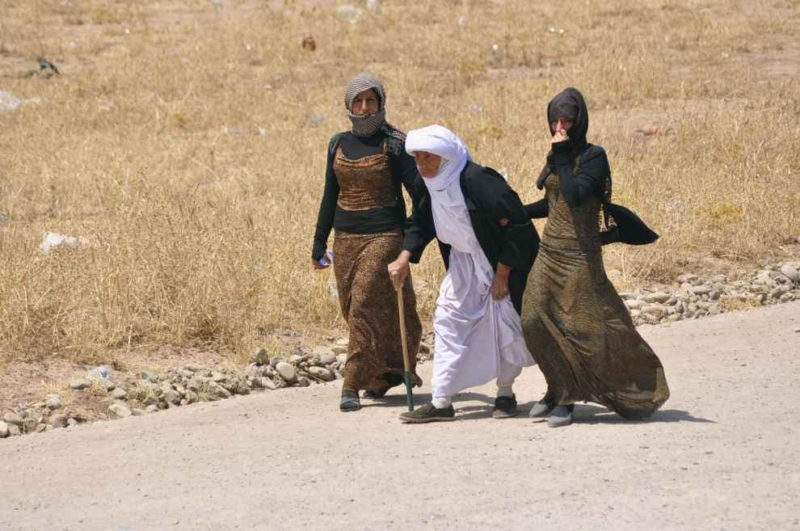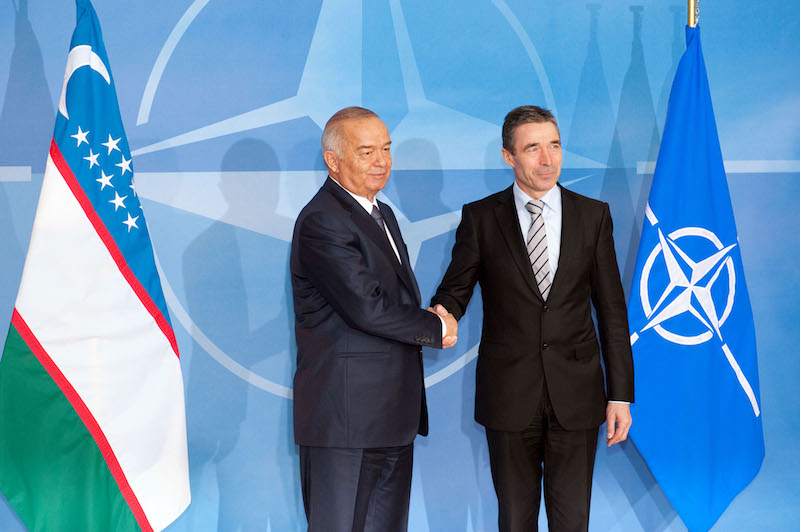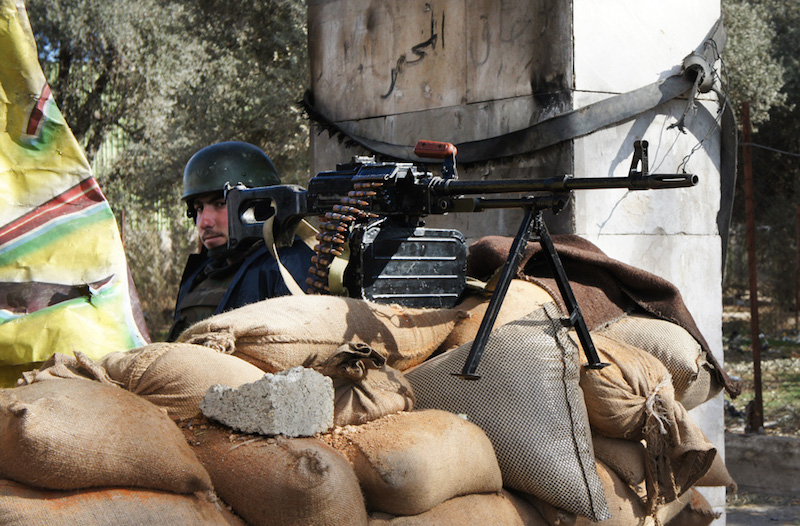“Every day I died 100 times over. Not just once. Every hour I died, every hour. … From the beating, from the misery, from the torture”… these are the words of Birvan, a Yazidi teenager who survived a 10-month ordeal at the hands of ISIS before escaping. Speaking in a televised interview in arabic, she relives her experience in a manner that is unexpected of a 17-year old. She portrays the strength of a warrior and the angst of a child. Her eyes often well up with tears but she doesn’t break to cry even for a moment throughout the 40-minute interview. It is evident to see that she is conflicted. On one side, it’s keeping her resilient but on the other, she struggles to comprehend the events in her life over the past two years. She speaks openly anyway, to bring light into the issue that has affected Yazidi women and children like her, who were captured in 2014 by ISIS.
Before ISIS, Yazidis lived peacefully in north-western Iraq, coexisting with multiple other faiths. Ethnically Kurdish, Yazidis are indigenous to the northern Mesopotamian region. They primarily live in Nineveh Province in Iraq and practice endogamy to ensure the homogeneity of their bloodline. As monotheists, they believe that God put seven angels to the task of protecting them. This includes the ‘‘Peacock’ angel, leader of these seven angels. This angel is known for being responsible for both good and bad, and myths say that that dichotomy is a reason for the angel to have fallen from the grace of God. This is similar to what Sufis say about Iblis, or the ‘devil’ and eventually led to the Yazidis being misconstrued as devil-worshipers. Historically, Sunni Muslim fundamentalists have persecuted Yazidis, but in August 2014, ISIS took that persecution to a whole new level of genocide in Sinjar, the area where thousands like Birvan were captured.
Religious persecution
The Yazidis were primarily targeted by ISIS to “rid” Iraq of them. Their ‘unusual’ faith wasn’t going to be tolerated by the extreme fundamentalist ideology that ISIS propagated. Geographically, it is convenient that Yazidi homelands are close to Raqqa- the de facto capital of ISIS. Over the course of the next two years, ISIS killed close to 5000 Yazidi men and capture close to 7000 Yazidi women and children. It is to be noted that they purposely separated families and put them in trucks to different locations. Older boys and men who, in their eyes, could become real threats were shot and killed. Young boys were converted to Islam and trained to become fighters. As for women, they were to become ‘sexual slaves’ in every sense of the word. Sexual violence was specifically used and propagated against Yazidi women to destroy their lineage and break apart their families. These women were considered ‘spoils’ of war, and sold to multiple people who wanted to ‘buy’ them.
Legitimizing sexual slavery
The unique aspect about ISIS using sexual slavery as a weapon of war is that to them, it isn’t a shady, covert abuse of power, but an organized system of hurting women who are deemed ‘infidels’. ISIS, different from most other groups that have enslaved women proudly advocates sexual violence. It audaciously revealed in its magazine Dabiq under a post titled ‘The Revival of Slavery Before the Hour,’ that sexual slavery is justified in the Quran and, that the Prophet and those around him, engaged in it. According to New York Times foreign correspondent Rukmini Callimachi, in her conversation with women who were abused by ISIS before escaping, the fighters fully knew that they were raping these women. In response to cries from the women questioning them about why they were doing this, they apparently said that they are doing them a favour, even going on to say that God will smile upon them for this act.
Such levels of guilt-free consciousness while committing violent acts against women shows the twisted ideology of ISIS and how they empower men to assault women. While following ‘strict’ philosophies supposedly based on the tenets of Islam to justify sexual slavery, ISIS has no problem adopting western medicine to keep women available for sexual abuse by pushing for birth control. Furthermore, the meticulousness of weaponizing sex and identifying Yazidi women as ‘infidels’ while Muslim women as dutiful wives of jihadis in the same environment, shows how they divide women who in other circumstances might have possibly helped each other in an abusive situation.
Unknown future
As Iraqi military forces push ISIS out of its territory, ISIS is making it harder for rescuers to reach these enslaved women. As a terrorist group that laces its propaganda with shocking executions and abuse, they are more likely to lash out, perhaps even harder against the remaining Yazidi women and children currently in their control. With the majority of the men in their families executed, and their villages destroyed, if and when other surviving women return, their futures are uncertain and unsupported. Therefore, it is even more important for the Iraqi government and the international community to become aware and ready to receive these women to provide a stable life, knowing that what they endured will stay with them forever.
Photo: Yazidi women escaping ISIS in Sinjar (2014), by Domenico via Flickr. Licensed under CC ND 2.0
Disclaimer: Any views or opinions expressed in articles are solely those of the authors and do not necessarily represent the views of the NATO Association of Canada.




